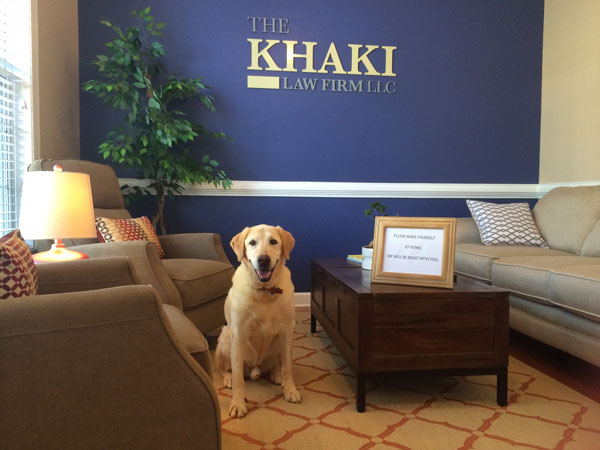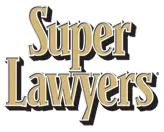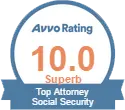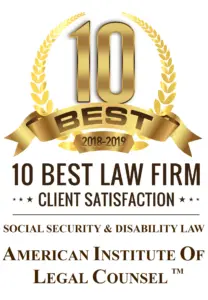How Passive Income Impacts Disability Claims

Social Security Disability Insurance (SSDI) and Supplemental Security Income (SSI) are programs designed to provide financial assistance to those who are not able to work as a result of a disabling condition. Both programs define a disabled individual as someone who is not able to engage in “substantial gainful activity.” While SSDI benefits are provided based on your insured status, SSI is a needs-based program and is determined by household income (earned and unearned) and assets. For SSI claimants, Social Security administrators are looking at both regular income (wages) and passive income (funds not gained through work).
Does Passive Income Affect Social Security Benefits?
The Khaki Law Firm has identified three common forms of passive income: business ownership, rental properties/equipment, and income from previous work relationships. The key is evaluating whether Social Security may consider these “substantial gainful activity” as it relates to your financial status and needs. With business ownership, for example, income is only substantial gainful activity if the SSI or SSDI claimant spent more than half the time necessary to earn that income. In other words, if the claimant owns the business but does not actually perform the productive work, that will not likely be substantial gainful activity for the purposes of the SSI or SSDI application. For those who own rental properties or rent out specific equipment, this will not likely be counted as substantial gainful activity – unless the individual’s primary business is renting properties for profit. A third common form of passive income is funds earned through previous work relationships or associations. This includes one-time projects with minimal expectations that may have been provided as an act of kindness or charity.
Other types of common forms of passive income include: workers’ compensation benefits, payments from pension/retirement plans, stock dividends, court settlements, jury duty pay, tax-exempt trust fund payments, royalties, contest prizes, and inheritance.
If you have questions about the benefits of passive income and whether they impact the Supplemental Security Income (SSI) or Social Security Disability Insurance (SSDI) application process, you can contact The Khaki Law Firm by reaching out via our website.








